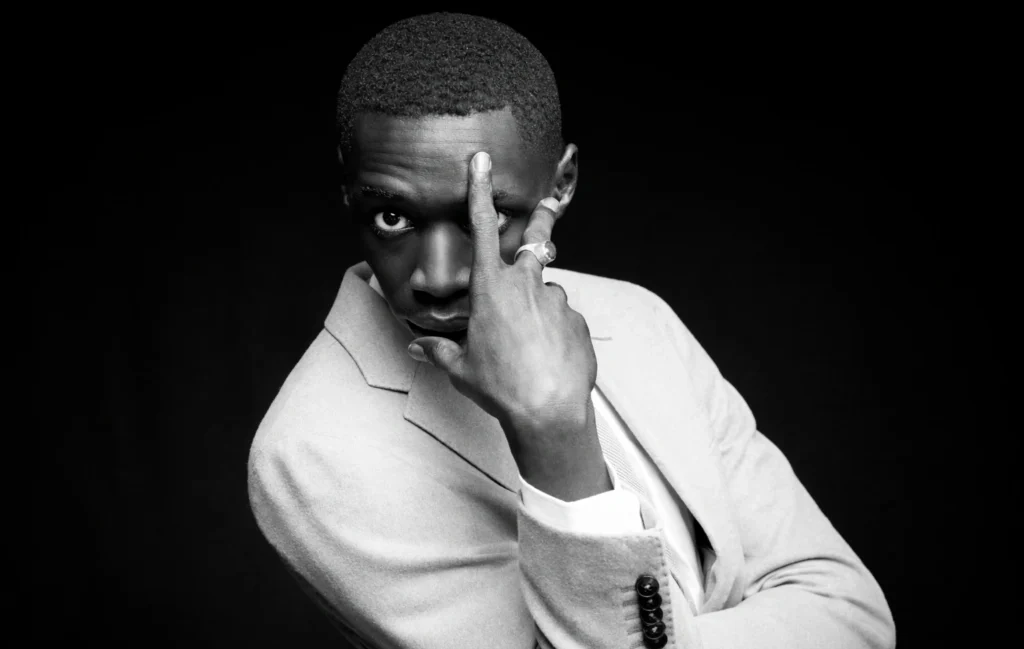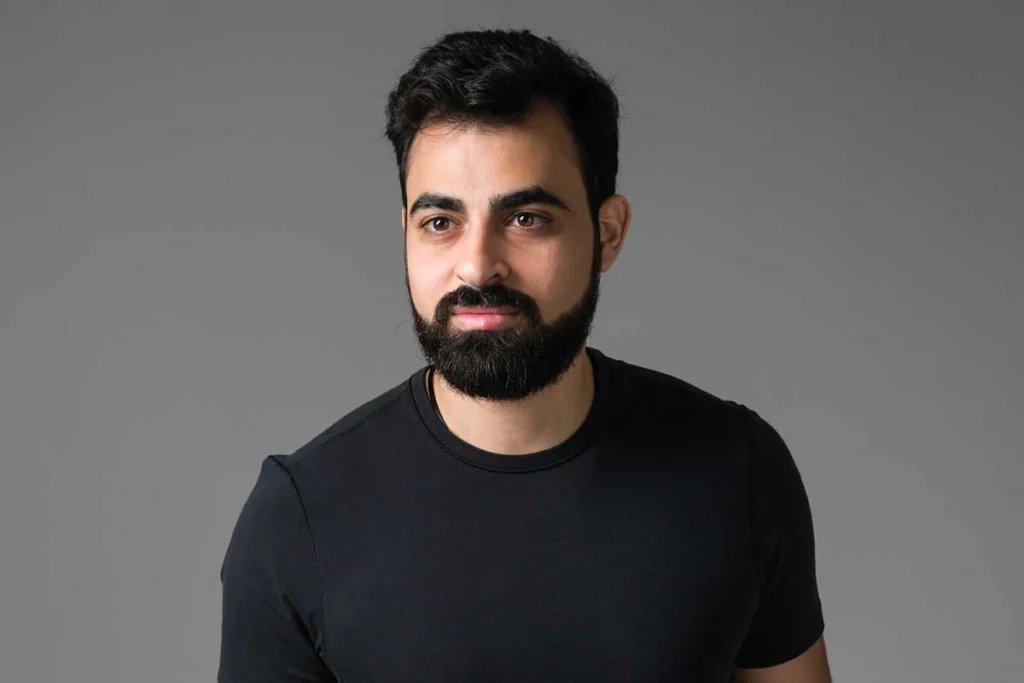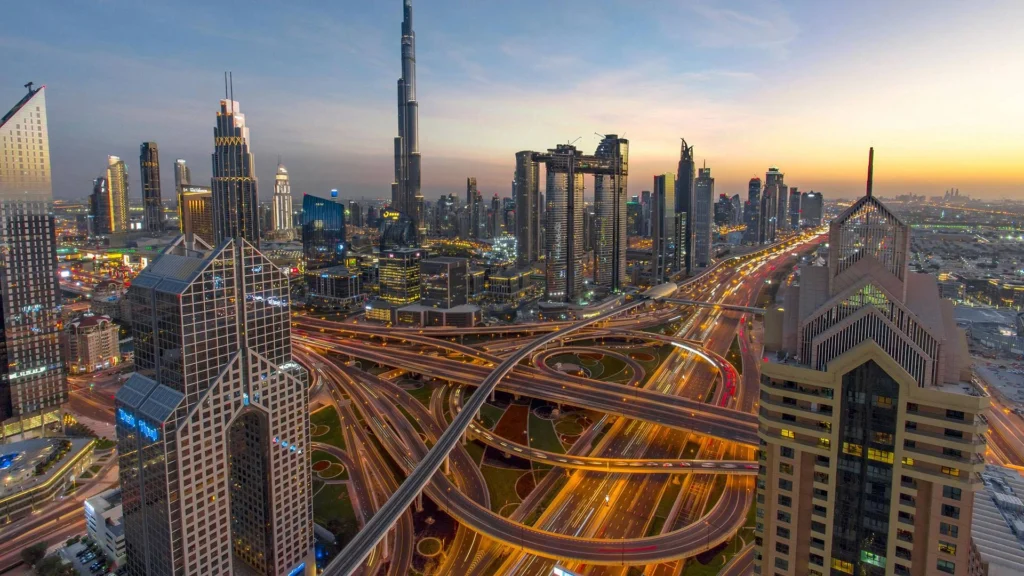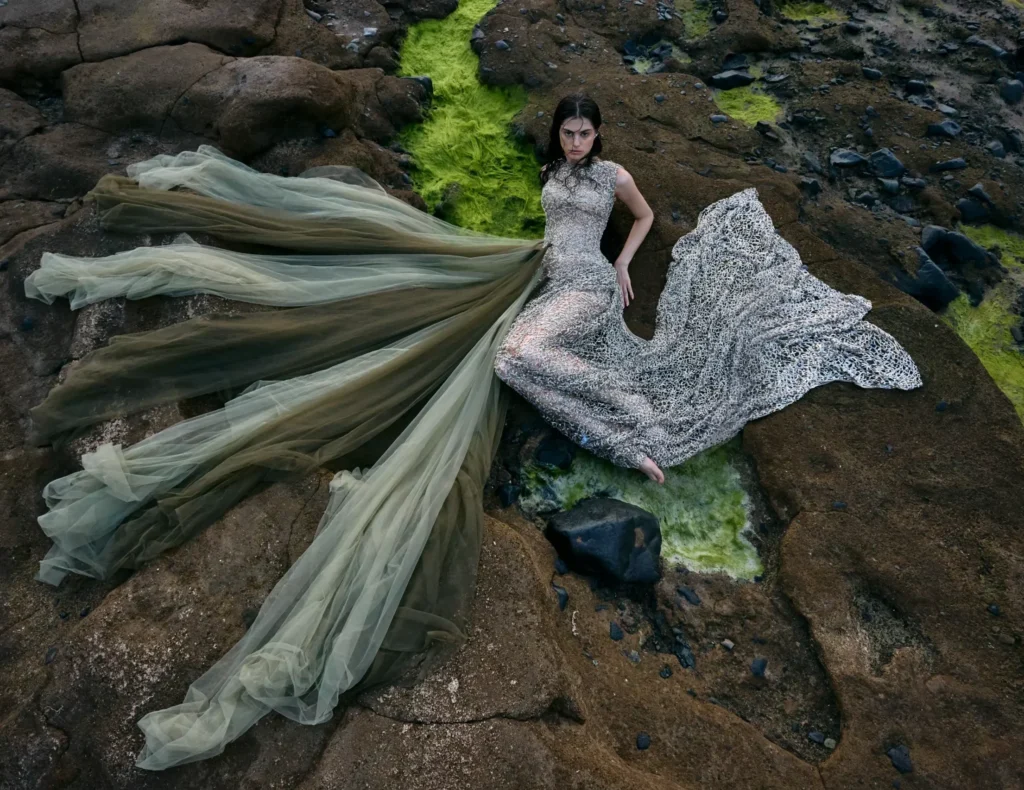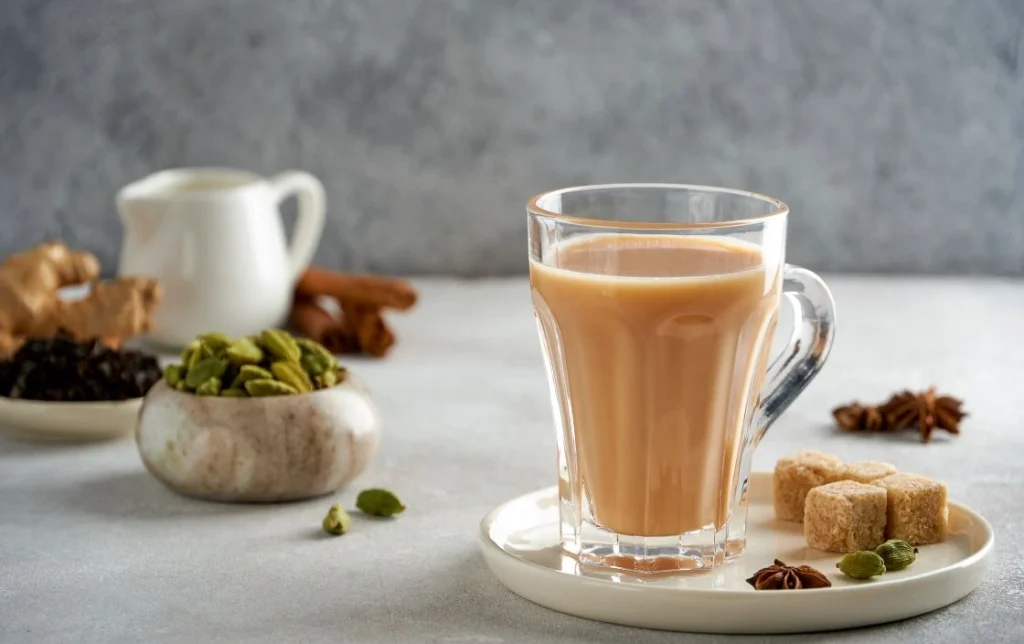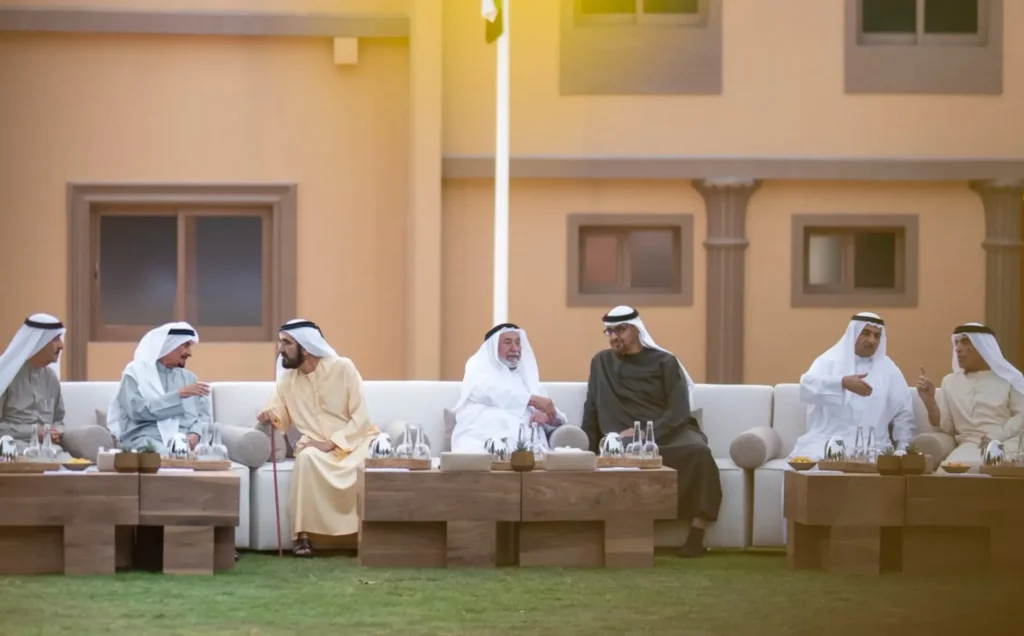Khaby Lame’s $900 Million AI Deal, From Silent Gestures to Synthetic Scale
From Silent Gestures to Synthetic Scale, Khaby Lame’s $900 Million AI Deal In January 2026, Khaby Lame sold the brand and operating rights of his company, Step Distinctive Limited, to Hong Kong based Rich Sparkle Holdings in a landmark agreement valued at up to $975 million, centred on generative AI, digital twin technology and the global expansion of his e commerce and media presence. By Ami Pandey For a creator who built his empire without speaking, Khaby Lame’s latest move has made one of the loudest statements in the modern creator economy. The world’s most followed TikToker has formally transitioned from viral phenomenon to technology driven business figure with the sale of his operating company, Step Distinctive Limited, to Rich Sparkle Holdings. Finalised on 23 January 2026, the deal marks one of the largest transactions ever associated with an individual digital creator, signalling a decisive shift in how cultural influence is valued, structured and scaled. Lame’s rise has always defied convention. Born in Senegal and raised in Italy, he became globally recognisable during the pandemic by wordlessly puncturing the excesses of internet culture. His signature gesture, a calm stare followed by an open handed shrug, distilled a universal frustration with unnecessary complexity. In doing so, he created a form of communication that crossed language, class and geography. It was humour rooted not in irony or aggression, but in shared human intuition. The Rich Sparkle Holdings acquisition reframes that intuition as infrastructure. Rather than focusing on short term brand endorsements, the agreement transfers commercial control of Lame’s brand, likeness and operating systems to a technology focused holding company intent on long term value creation. At the centre of the strategy is the development of a generative artificial intelligence powered digital twin, designed to replicate Lame’s expressions, timing and behavioural cues across platforms and markets. This digital twin is not conceived as a novelty or replacement, but as an extension. It allows his presence to operate continuously across global e commerce, livestream shopping, media formats and multilingual environments without the physical limitations of time zones or availability. In effect, Lame’s silence, once a creative choice, becomes a scalable asset encoded into machine learning systems. Culturally, the implications are profound. Lame’s appeal has always rested on restraint. In an attention economy defined by excess, his minimalism felt radical. That same restraint now underpins a new model of influence, one in which personality is not exhausted by repetition but preserved through structure. The digital twin does not invent a new Khaby Lame. It protects the integrity of the existing one. The deal has resonated strongly across global business and innovation circles, particularly in regions such as the Gulf where artificial intelligence, digital identity and future economies are central to national strategy. It exemplifies how culture and technology are no longer parallel conversations, but a single integrated system. Influence is no longer measured solely by followers, but by how effectively cultural intuition can be translated into enduring platforms. Economically, the transaction signals a coming of age for the creator economy. Attention is no longer the final product. It is the raw material. By selling operating rights while retaining creative alignment and long term participation, Lame has demonstrated a model in which creators move from labour to ownership, from performance to architecture. His brand is no longer dependent on constant visibility. It is designed to function, learn and grow. Despite the scale of the deal, Lame remains closely tied to the enterprise. The agreement preserves his role as a guiding force behind the brand’s evolution, ensuring that commercial expansion does not dilute the authenticity that built his global trust. This balance between control and collaboration has been critical to the deal’s credibility, reinforcing the idea that technology serves culture, not the other way around. Khaby Lame’s transformation is not a departure from his origins, but their logical extension. What began as a quiet critique of unnecessary complexity has evolved into a sophisticated response to it. In a world racing towards automation, he has chosen not to resist the future but to shape it on his own terms. His journey suggests that the next era of global influence will not belong to the loudest voices, but to those who understand how meaning travels, how identity endures and how culture can be engineered without being erased. Silence, it turns out, can be one of the most powerful foundations on which to build the future.

